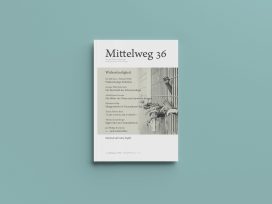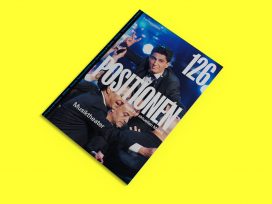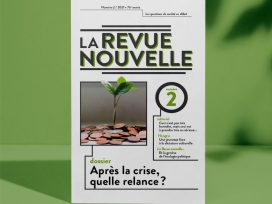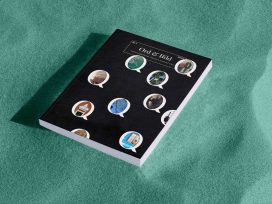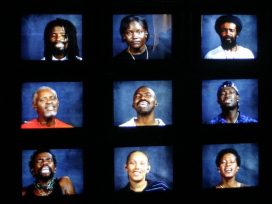‘Ord&Bild’ opens its pages to the Gothenburg-based writers collective Qalam, headed by Johannes Anyuru. Poetry, prose and discussion reflecting on what it means to write – and to write in Swedish.
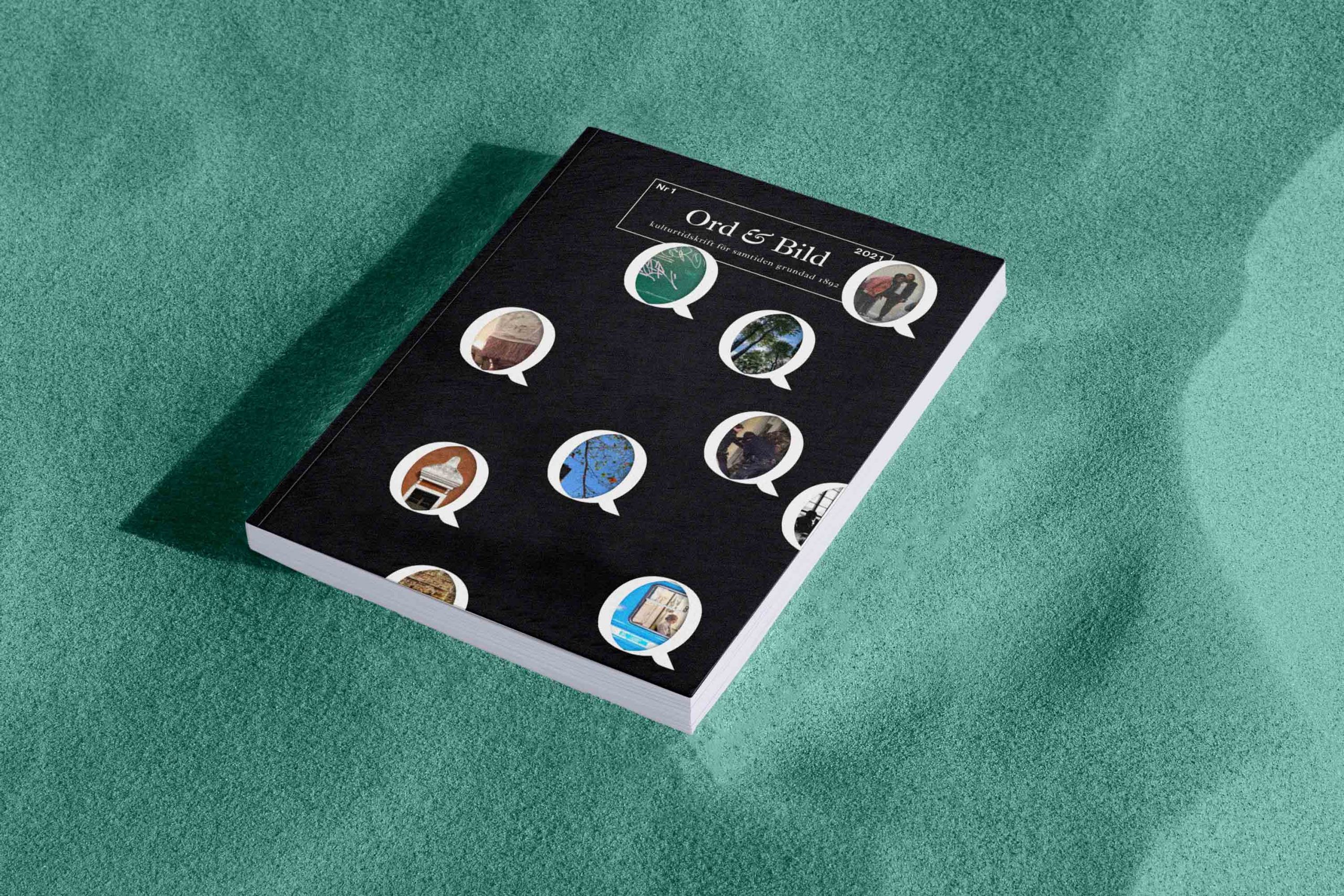
The journal has been edited with the writers collective Qalam. Launched in 2012 as a creative writing project for young people in underprivileged suburbs of Gothenburg, Qalam has been headed by the acclaimed Swedish author Johannes Anyuru for almost a decade.
Entitled Layers of Representation, a series of conversations between the group’s members together with ‘echoes’ from previous participants show the development of Qalam from slam poetry to the compilation of the current issue. The majority of the authors come from mixed ethnic backgrounds, but the issue takes care to avoid the jargon of inclusion and exclusion. Filled with poetry, prose and conversations addressing questions of representation and language, it instead offers serious reflection on what it means to write – and to write in Swedish.
Investigating language
Maxine Victor weaves together Swedish and Singapore English with photographic images, while Stephanie Toro inserts Puerto Rican Spanish into her hybrid essay-poem-novel Es tiempo de regresar. Yasmin Elemam’s poetry conveys how vernacular expressions have replaced her Arabic and Deeqo Hussein allows Somali expressions to generate emotional tension. These polyvocal gestures come not from a lack of mastery of the Swedish tongue but from a place where a single language no longer is sufficient.
Masoud Vatankhah shares everyday observations in a first-hand account of fleeing from one country to another, taking the reader from the streets of Teheran to a bleak northern Sweden while making reference to P.O. Engqvist’s Captain Nemo’s Library. Shukri Dahir, Sanna Ghotbi and Sabrin Jaja raise questions of what it means to inherit someone else’s pain. Other writers share the complex experiences of belonging to a third culture.
Future storytelling
Sandy Harry Ceesay’s queer magical realism tells of love layered in time and geographies, ‘stories we forget when we awake’. Ismalia Jallow’s auto-fictive short story, part of an ongoing larger project, is supplemented with a QR code that takes us to the language of 3-D rendering via a website where we can navigate the construction.
These are stories yet to be told. Seeping through the holes of this issue of Ord&Bild, one can sense several preludes. The journal operates as a ‘critical zone laboratory’ – not only by dedicating itself to symbolic questions of representation but also by providing a space for conversation, discussion and debate. Or, in the words of Anyuru in his poetic preface: ‘What is more powerful than writing?’
This article is part of the 7/2021 Eurozine review. Click here to subscribe to our weekly newsletter to get updates on reviews and our latest publishing.
Published 21 April 2021
Original in English
First published by Eurozine
© Eurozine
PDF/PRINTNewsletter
Subscribe to know what’s worth thinking about.
Related Articles

Literary expressions of grief across the ages use representations of nature as soothing metaphors. But rarely does the death of non-human life merit a thanatography. Could literature that finds a non-anthropomorphic means to grieve for other sentiment beings provide our desperately needed resensitization to the natural world?

Literature can’t save the world, but it does provide insight into the behaviour that drives cultural trends. And given the anthropocenic tendency towards self-destruction, we need all the help we can get with cultivating solidarity, combating injustice and resisting censorship.
